Ovosonico is not your typical game studio. The formation of the company came from a desire to blend film, music, and games into a cohesive harmony. Their second release, Last Day of June, accomplishes this marriage with subtlety and grace. With a playfully emotive score by established music producer Steven Wilson, and a pastel drenched art direction from the Tim Burton collaborator, Jess Cope, the world presented here bellows out a melancholic ballad.
The setting remains trapped in time, much like a painting. The artist has but an ephemeral moment to capture a transcendent beauty. The design of Last Day of June hammers in this precise feeling of fleeting futility, yet within the funeral of sensation a boundless realm of possibilities bloom. On multiple occasions, the game slows your character to a halt, and in these moments progression is unlocked.
A town basked in loss. You will find six souls living out a tranquil existence on the temporal fringes of grief. Each member of this micro-society carries negative space, but not all who wander are lost. They communicate with garbled mumbles and overtly expressive gestures. They are the antithesis of subversive, but this paints them in an authentic innocence. A boy begs his neighbors to play catch. A hunter implores his dog to aid in his hunt. An old man knocks on a door in hopes of a brief moment of company.
The language barrier amongst the townspeople is only discernable to you as the player. This unspoken law of the game will drive you to insanity until you release the statement being made. Humans are inherently self-serving, and the game asks the difficult question: Are we the cause of our neighbor’s tragedy?
The game never holds your hand for any uncomfortable length. Mechanics are never taught, but merely hinted at (ex. Journey). Just like one can spend hours entranced in front of a painting, you have the liberty to fine comb every detail of the compact environment. Different locations mean different things to different characters, and players are rewarded for retracing their steps with a new pair of legs. In fact, the game never fully opens up until you reach a symbiosis between the characters and utilize their unique abilities to aid one another in a brilliant communal self-discovery. “It takes a village” has never made more practical sense.
Simplicity is often the hallmark of any intuitive adventure game, but this game strips all inessential inputs leaving you with mobility controls (sometimes restricted) and a single action move per character. The narrative expands as a “choose your own adventure” web of fatally connected events. If one character’s storyline does not accomplish your desired direction for the narrative, you will find yourself frantically replaying their day, scouring for alterations to their march of destiny.
The pacing is remarkably satisfying with such a repetitive mechanic being the cornerstone of gameplay. I began to relish the opportunity to rewatch a cut scene or replay a character’s day, because the game flourishes under scrutiny. Objects begin to possess powerful significance, and musical notes become tainted in remorse. The formula is brutal, but for a profound purpose. The purpose is patiently revealed, but only after extremely intentional and understated character development. Revelations hit with gravity, and this is a testament to the masterful writing.
You start experiencing delusions as you tweak time and space. You feel like an unwelcomed guest as you tinker with events that seem fixated in reality. Here lie many of the game’s greatest triumphs. The player’s ability to bend finality becomes intoxicating at first, and then transitions into an exasperating endeavor. As you collect memories there is a sense that you are tarnishing them. By peering into these restful metal waters, ripples are created and history fluctuates.
Last Day of June hypnotizes you with still shots of emotion, sticks your chest with grief-laced arrows. The deeper you look into the moonlit dioramas, the deeper you fall into the fiction. There are certain snapshots that reveal some overlooked plot conveniences, and holes in general. The game, however, always found a way to rope me back into an immersive narrative after these brief retractions.
Unfortunately, the thematic uniformity does not last through to the story’s conclusion. The equally devastating and honest message that is lovingly crafted in the bulk of the game comes to fruition, only to be almost totally abandoned in the homestretch. The writing is rather unfaithful in this prestige moment, and left me disappointed. However, I did not feel cheated by this creative decision in anyway, and the game’s achievements remained fully intact. It just felt like watching a hulking basketball player jet down court on a lone breakaway only to offer up a wimpy lay up to secure the victory.
Last Day of June is a stroll around an art museum. All the pieces have been created by a playful realist, an artist that does not shy away from heartache. The painter dabs the canvas hesitantly yet purposefully. They have a story they would rather not tell, but the truths contained in the tale might save someone’s day, perhaps someone’s life. Wishful thinking or not, this effort still remains a noble pursuit. The paintings produced from this exorcism of fates send you on an adventure that will culminate in tears.
9/10
Here is the Last Day of June official accolades trailer:
Last Day of June is available for PS4 and PC via Steam.
PlayStation 4 Review
-
Overall Score - 9/109/10
I believe the world revolves around storytelling. The gaming community's fascination with creating and innovating has pushed our capabilities to tell stories into a new frontier. The medium of video games satiates a particular desire for interactive and dynamic narratives. My imagination is arrested by truly great games, and in turn inspires me to create more intentionally in all aspects of life.

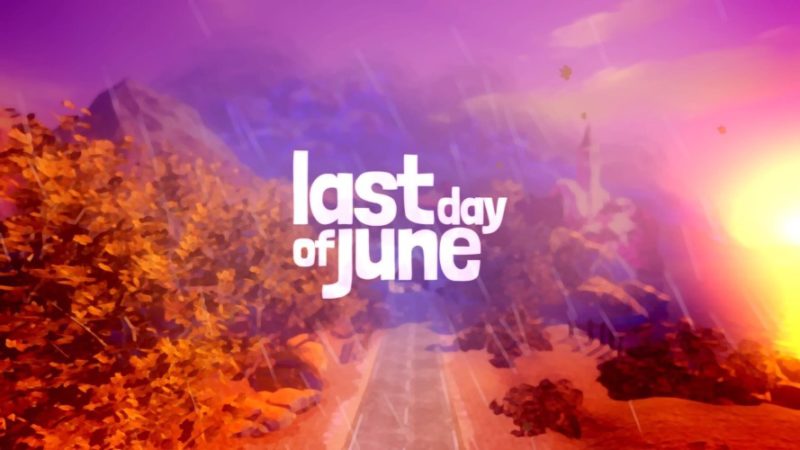

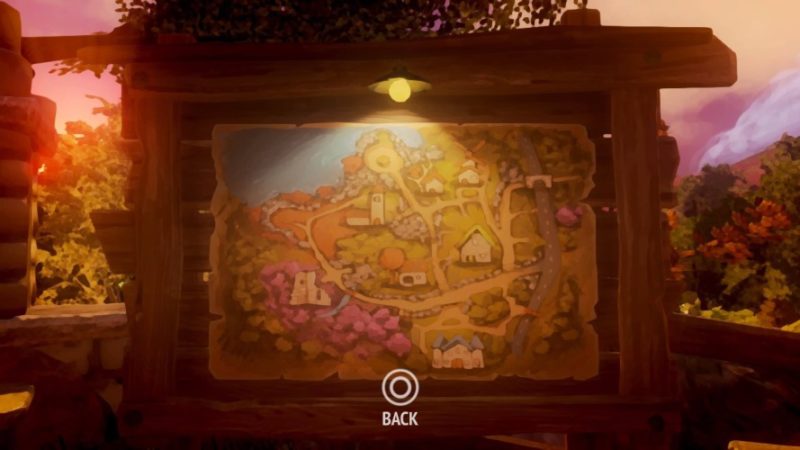
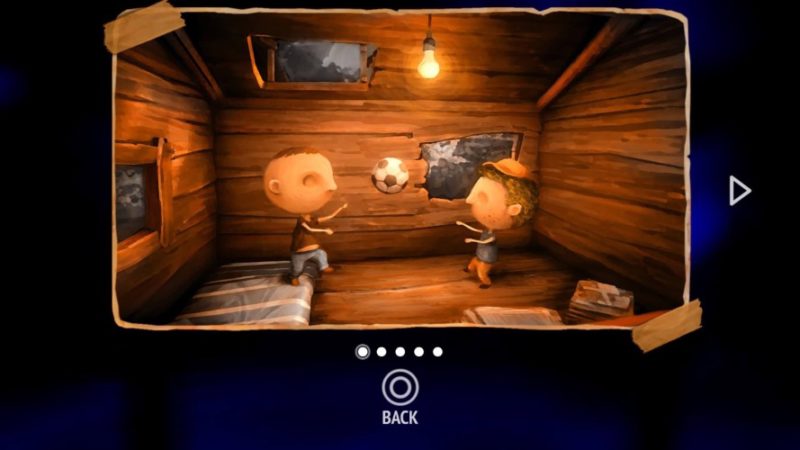
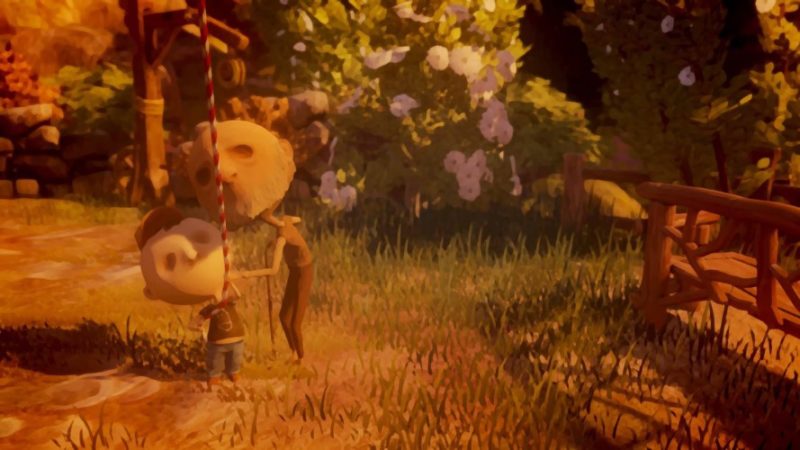
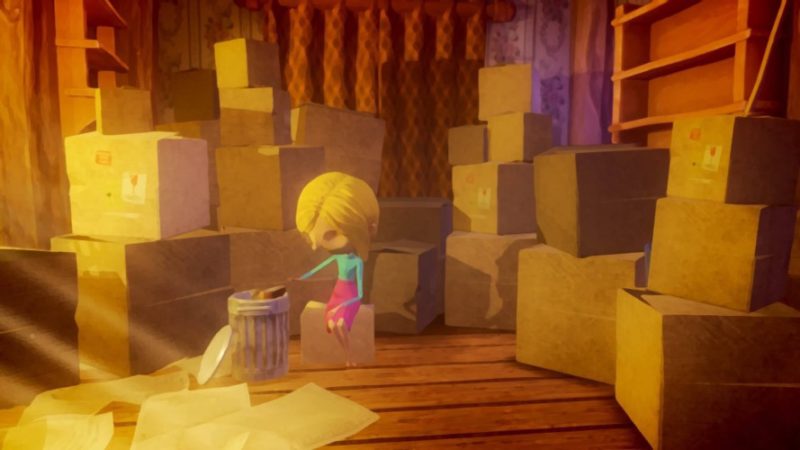
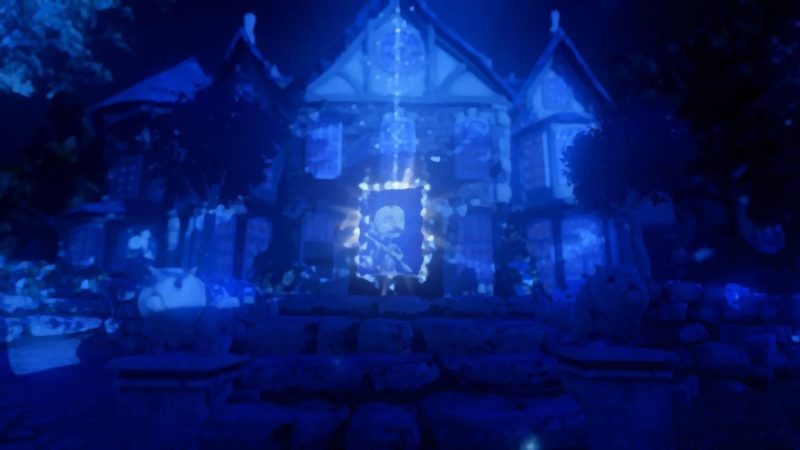




More Stories
Bus Simulator 27 Announcement Trailer Features New Famous Brand Solaris Bus & Coach
The TEARDOWN Online Multiplayer Update Heading to Steam March 12
Bungie’s MARATHON Server Slam Starts Tomorrow February 26 – March 2